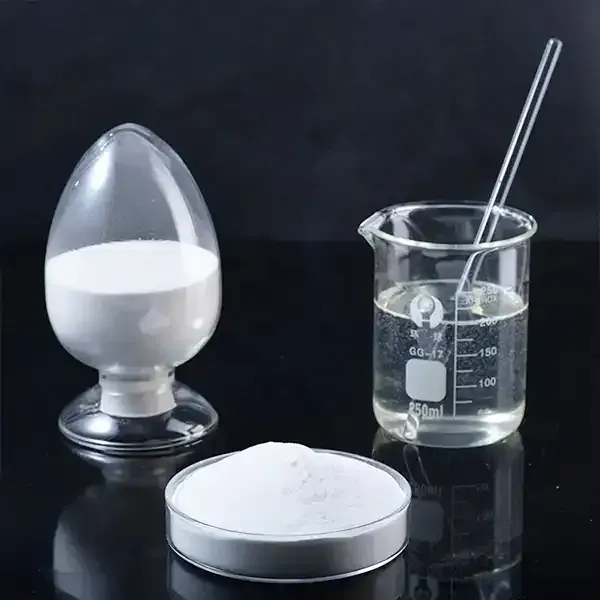The Role of Chemical Additives in Modern Industry
Chemical additives play a pivotal role in a variety of industries, ranging from food manufacturing to pharmaceuticals, paints, and plastics. These substances enhance the properties of a product, ensuring that it meets specific performance standards while also extending its shelf life, improving stability, and enhancing aesthetic qualities. Understanding the significance of chemical additives not only highlights their vital function but also prompts discussions about safety, regulation, and innovation in manufacturing processes.
Understanding Chemical Additives
Chemical additives are compounds incorporated into products during manufacturing processes to achieve desired characteristics. They can belong to several categories, including preservatives, stabilizers, emulsifiers, and colorants. Each type serves a unique purpose
1. Preservatives These additives prevent microbial growth and spoilage, hence prolonging the shelf life of food products. Common examples include sodium benzoate and potassium sorbate, which inhibit the growth of bacteria, yeast, and mold.
2. Stabilizers Used to maintain the chemical and physical properties of products, stabilizers help retain texture and prevent separation in emulsions. For instance, xanthan gum is widely used in salad dressings and sauces.
3. Emulsifiers These additives enable the mixing of oil and water, providing a uniform consistency in food products, cosmetics, and pharmaceuticals. Lecithin, derived from soybeans, is a popular emulsifier in many products.
4. Colorants Chemical additives that give products their visual appeal are essential in various industries. In the food sector, artificial colorants like Red 40 and Yellow 5 are frequently used to enhance the appearance of snacks and beverages.
Importance in Food Industry
chemical additive

In the food industry, chemical additives are crucial for ensuring safety and quality. Without them, many perishable items would spoil quickly, leading to significant food waste and economic loss. The use of preservatives can help distribute food products over long distances without compromising quality. For instance, many baked goods retain their freshness longer due to the incorporation of additives designed to stave off mold growth.
Moreover, colorants help consumers make choices. A vibrant appearance can attract a buyer’s attention on grocery store shelves. However, the use of colorants and other additives is heavily regulated. Agencies such as the FDA (Food and Drug Administration) set strict guidelines to ensure that these substances are safe for consumption.
The Role in Pharmaceuticals
The pharmaceutical industry relies on chemical additives to ensure the efficacy and stability of medications. Excipients, which are inactive substances used as a carrier for the active ingredients, play a crucial role in drug formulation. These additives can affect the release profile of the drug, helping to regulate how quickly or slowly it enters the bloodstream. For example, microcrystalline cellulose is widely used as a filler in tablets to ensure proper dosage and effectiveness.
Additionally, preservatives play a crucial role in preventing contamination in liquid pharmaceuticals, ensuring that medications remain effective and safe for consumption over their intended shelf life.
Environmental Considerations
While chemical additives enhance product quality, they also raise environmental concerns. The production and disposal of certain additives can contribute to pollution. As a response, many companies are shifting towards natural or biodegradable additives, aligning with growing consumer demand for environmentally friendly products. For instance, many food manufacturers are moving away from synthetic additives toward natural alternatives, such as using rosemary extract as a preservative.
Conclusion
Chemical additives are indispensable in modern manufacturing, particularly in the food and pharmaceutical industries. They ensure product safety, enhance qualities, and improve shelf life. However, as consumer awareness about health and environmental issues grows, the industry faces the challenge of balancing efficacy with safety and sustainability. The future of chemical additives may likely involve more innovative and eco-friendly solutions that meet consumer demands while maintaining product integrity and safety. This evolution presents an exciting frontier in the realm of chemical science and manufacturing practices, ultimately leading to better products for consumers and a healthier planet.
-
Rdp Powder: Key Considerations for Wholesalers in the Building Materials IndustryNewsJul.08,2025
-
Key Considerations for Wholesalers: Navigating the World of Hpmc - Based ProductsNewsJul.08,2025
-
Hpmc Detergent: Key Considerations for WholesalersNewsJul.08,2025
-
Key Considerations for Wholesalers: China Hpmc For Tile Adhesive, Coating Additives, Concrete Additives, and MoreNewsJul.08,2025
-
Crucial Considerations for Wholesalers: Navigating the World of Construction MaterialsNewsJul.08,2025
-
Key Considerations for Wholesalers Sourcing Additive For Cement, Additive For Concrete, Additive For Putty from Additive Manufacturer Shijiazhuang Gaocheng District Yongfeng Cellulose Co., Ltd.NewsJul.08,2025




